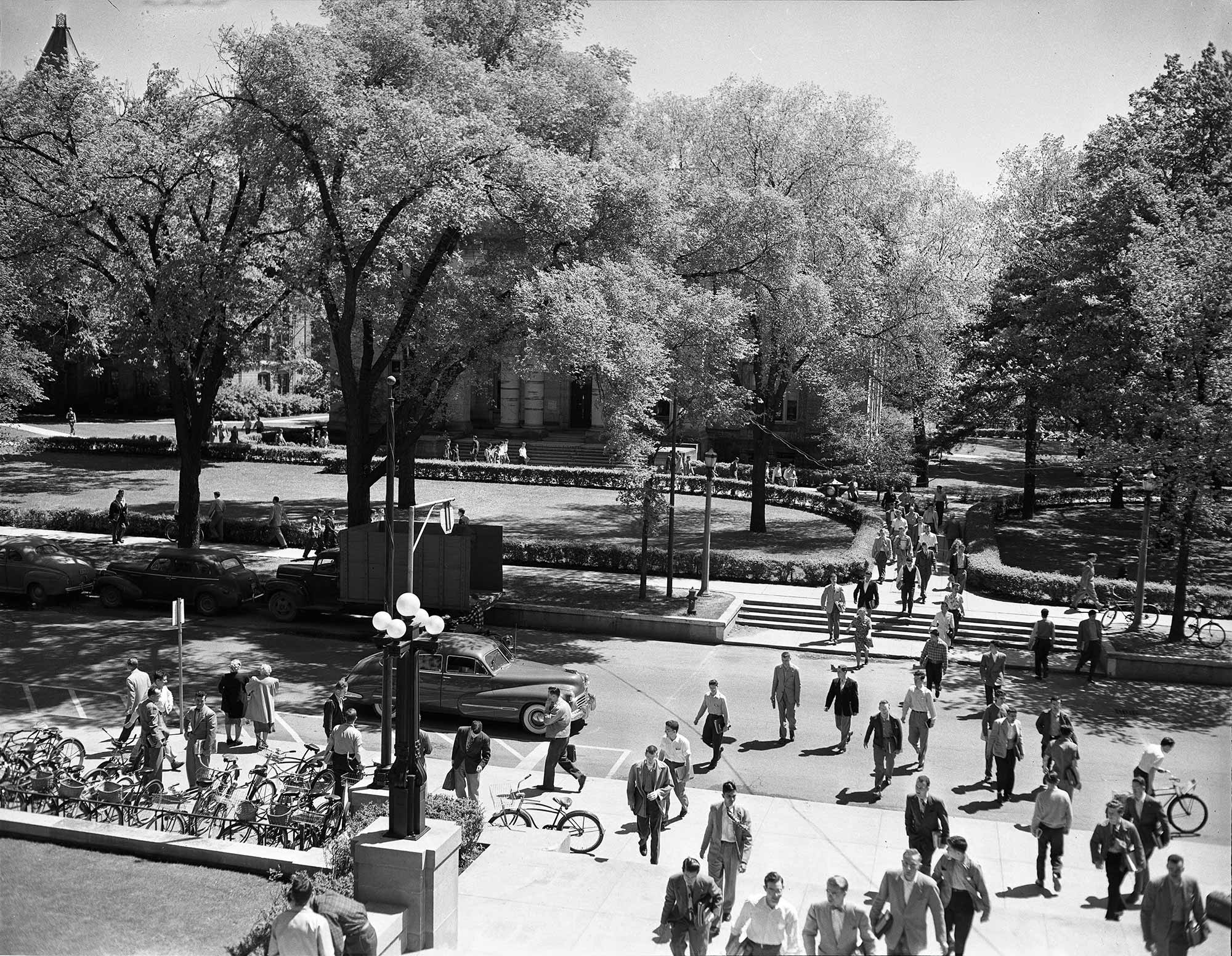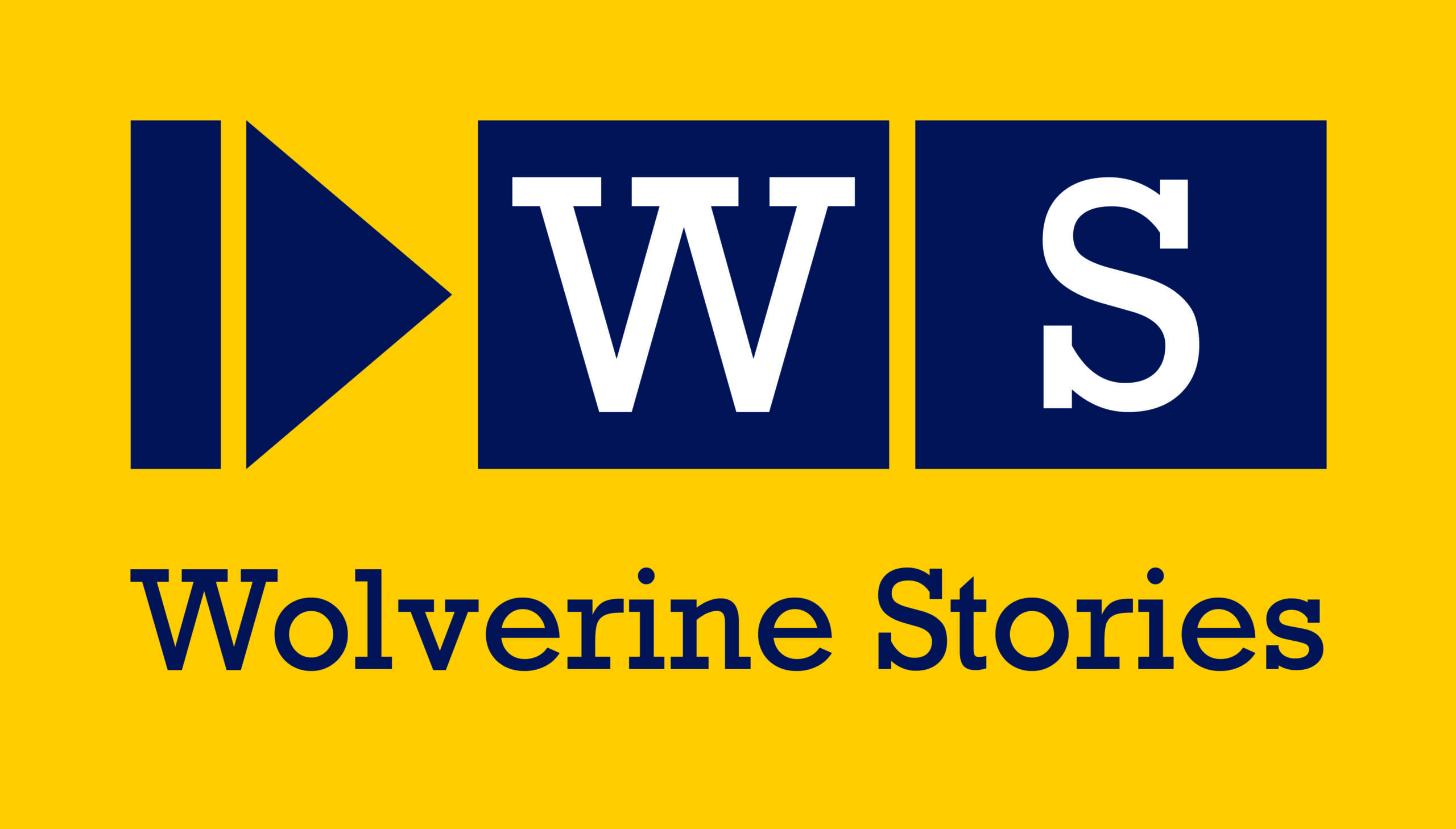Step into the Wolverine Stories Video Booth at the Inclusive History Project Summit to tell YOUR story about the University of Michigan. Any story is welcome, but you can especially think aboutWhat is something you will never forget about your time at U-M? Walk-ins are welcome, but pre-registrations are encouraged. Please use the link above to register.
Once you have made your appointment to share your story please consider the following questions as you think about what you would like to record: What is something you will never forget about your time at U-M? What was a challenge you faced? What was a success you had?
The Wolverine Stories Video Booth is fashioned after the longstanding oral history program StoryCorps that travels the country recording the personal stories of all kinds of people living in the U.S. for inclusion in the Library of Congress. With an eye (or ear) to capturing similar personal stories from the University of Michigan, the Inclusive Storytelling Hub at UM-Dearborn created the Wolverine Stories Video Booth. This booth is open to anyone with a connection to U-M to share their stories and accounts of inclusion and exclusion that will help create more comprehensive and expansive histories of the University of Michigan. Stories documented at the Wolverine Stories Video Booth may be used to support future oral histories, documentaries, and other works that examine the history of our institution. What’s your story?
Wolverine Stories Video Booth is co-created and organized by the Inclusive Storytelling Hub led by Jen Proctor and Rick Morrone with support from Jordan Snyder, Anthony Fraga, Jabez Williams, and Adam Almaleky. It is made possible by support from the Inclusive History Project.





